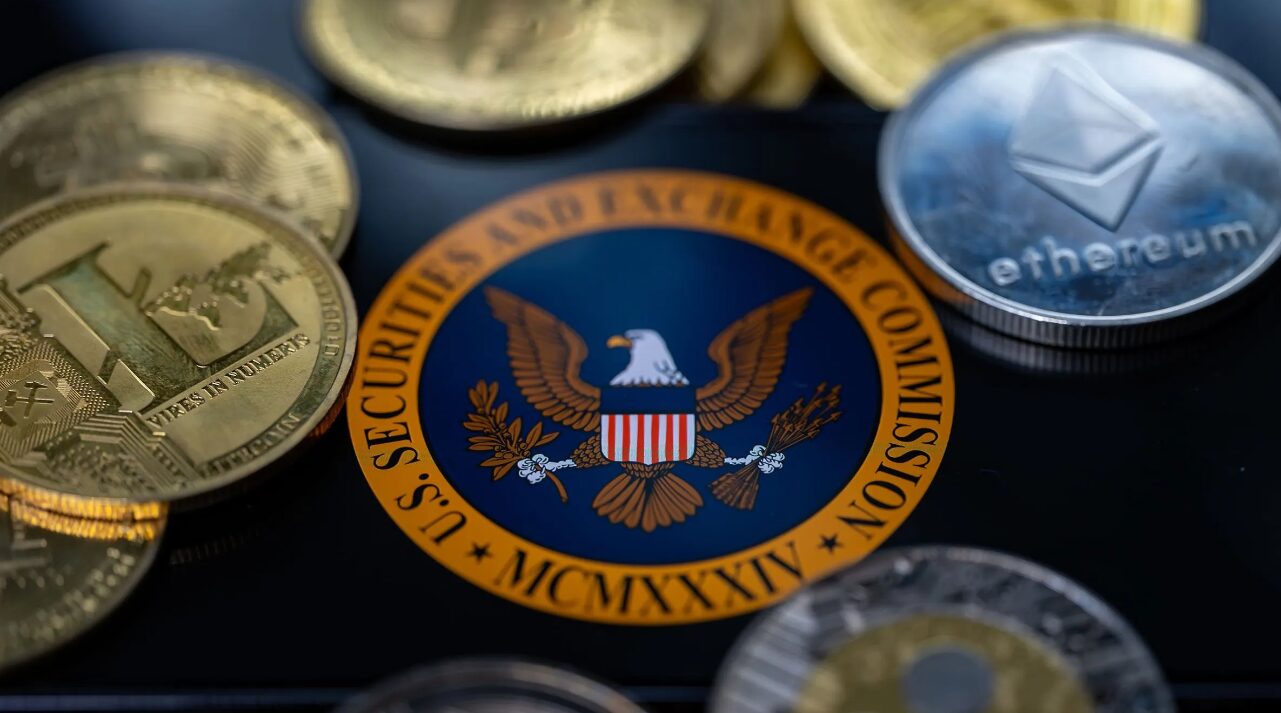Gary Gensler, the chairman of the US Securities and Exchange Commission (SEC), believes it is unlikely that crypto will ever become a real currency. Why this is the case and what crypto is for him instead.
Cryptocurrencies for wealth creation instead of as a means of payment
When asked what value cryptocurrencies have, Gary Gensler – Chairman of the US Securities and Exchange Commission (SEC) – draws a clear conclusion: In his opinion, cryptocurrencies are more suitable for building wealth and less as a means of payment. To change that, they would have to pass the Howey test. This is an important part of the US legal system. The Howey test requires assets (to put it simply) to prove that they are securities. According to the US Supreme Court, this is not the case with cryptocurrencies – and therefore the test fails. According to Gensler, countries also generally only want their own currency as a unit of account and means of payment. He also referred to Gresham’s Law from the 19th century.
In order for cryptocurrencies to become a recognized means of payment, they would have to prove their value. This would be done by disclosing to public investors and confirming that they bring real benefits. In these cases, the Howey test could be applicable to them. A major problem: losses from crypto fraud – according to the chairman of the US Securities and Exchange Commission (SEC) – have increased by 45 percent since 2022. In addition, the crypto industry does not recognize the SEC’s existing regulatory framework for digital assets.
Fraudsters and scams hinder the regulations of the crypto market
This was also confirmed by Jorge G. Tenreiro, the acting head of the Crypto Asset and Cyber Unit (CACU) of the Division of Enforcement. According to him, there is concern about the ease with which crypto markets can be manipulated. However, the SEC is committed to preventing this misconduct. According to Gensler, the crypto industry was full of fraudsters and scammers. However, many of these “leading minds” are already behind bars or awaiting their hearing. The current enforcement measures show that small investors are particularly affected – according to Sanjay Wadhwa, the deputy director of the SEC’s Division of Enforcement.
It was only in September that two charges were brought by the US Securities and Exchange Commission. On September 24, the SEC filed a lawsuit against Truecoin and TrueToken. According to Jorge G. Tenreiro, both companies had defrauded investors and concealed risks from their investors in order to make profits. Truecoin then agreed to pay compensation with prepayment interest of more than $370,000. On September 27, the next lawsuit against Mango DAO and the Blockworks Foundation followed. This concerned the unauthorized offer and sale of the MNGO token. Here, too, both companies reached an agreement and paid damages totaling $700,000.
- Trillionaire Fund: We expect several countries to adopt Bitcoin - January 2, 2025
- Analyst predicts “Grand Finale” for Altcoins in early 2025 - January 2, 2025
- Dutch crypto analyst: “This is the right time to buy XRP” - January 2, 2025

























